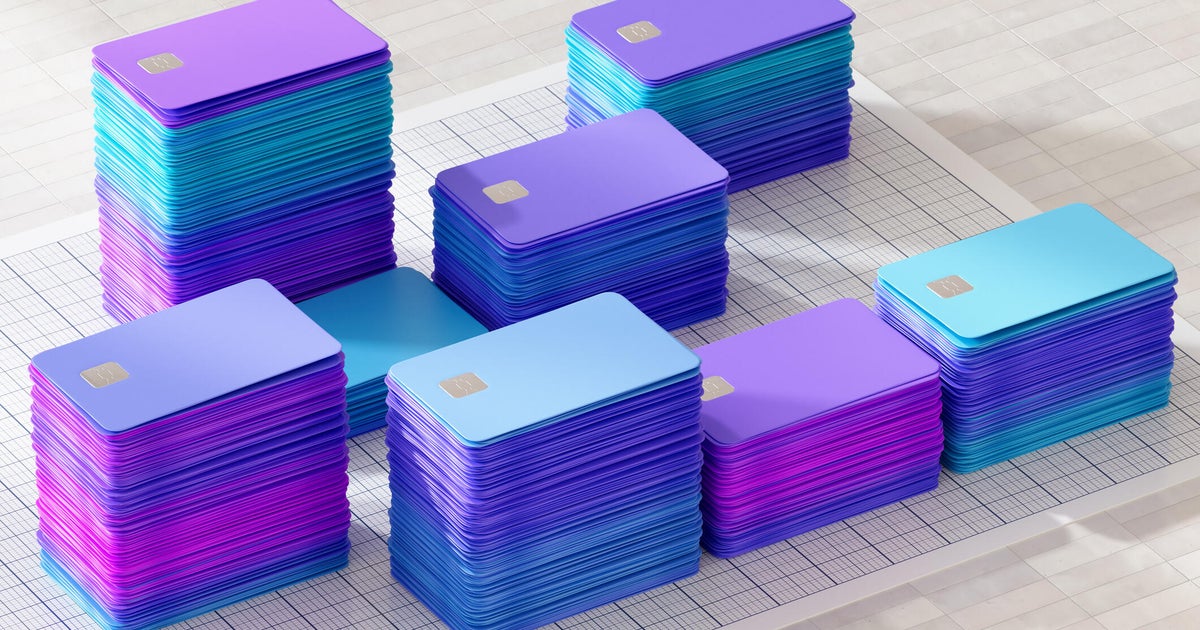Helping employees repay student debt: A new perk?
Student debt is a $1.48 trillion burden that financially hobbles millions of Americans, especially young ones, as they try to save for retirement and make major purchases like homes or cars. But a nascent movement is underway in some corners of Corporate America to help workers carrying that burden. For instance, Abbott Laboratories plans next month to join this small group of employers that offer workers assistance with student loan repayment.
With a program dubbed "Freedom 2 Save," the healthcare/medical device company will provide employees help with paying down their student loans if they prove that they're contributing 2 percent of their eligible pay to their student debt via payroll deductions. In return, Chicago-based Abbott will contribute the equivalent of 5 percent into a 401 (k) plan. Program participants will receive a match without being required to make contributions, enabling them to use more of their earnings to pay off their student debt
"Over the last several years, we've conducted extensive research in the 13 biggest markets where we have employees," Steve Fussell, executive vice president for human resources at Abbott, told CBS MoneyWatch. "What we learned in the U.S. was that one of the biggest financial concerns, especially for millennials and Gen Z, was student loan debt. More specifically, we learned that crushing levels of student debt had caused some employees to choose between saving for their futures and paying off school loans."
With unemployment at record lows, employers are looking for an edge in attracting and recruiting top talent and more may start turning to student loan repayment programs, according to Chatrane Birbal, a director at the Society for Human Resource Management (SHRM).
Abbott, which hired more than 1,000 people under the age of 35 in the U.S. last year, is a case in point. More than a third of new hires had a master's degree, and another third had doctorates -- along with the debt that goes along with earning those credentials, according to the company.
Questions, however, may arise with the IRS about the tax treatment of student debt assistance. Employer contributions to tax-qualified plans like a 401(k) are tax-free until retirement, while a company's direct payments of an employee's student debt would be taxable, according to attorney Elizabeth Thomas Dold, a principal with Groom Law Group in Washington, D.C.
Dold told SHRM that a "number of [IRS compliance] issues could arise" over how a program is designed and how the "matches" are earned. Abbott, however, avoids the tax issue that's triggered when businesses give employees money to help pay off their student loans.
According to a 2017 SHRM survey, roughly 4 percent of employers offer student loan repayment benefits, which can be complicated and expensive to administer. SHRM is backing legislation pending before Congress that would treat student loan repayment benefits as tax-free.
"If you are a smaller company … you may not have the staff in-house that can help you to implement a program like that," said SHRM's Birbal. "It generally tends to be" larger organizations that offer this benefit.
Insurance giant Prudential has offered a benefit similar to Abbott's since 2016. Other companies that provide student loan assistance to workers include New York Life and PricewaterhouseCoopers.



